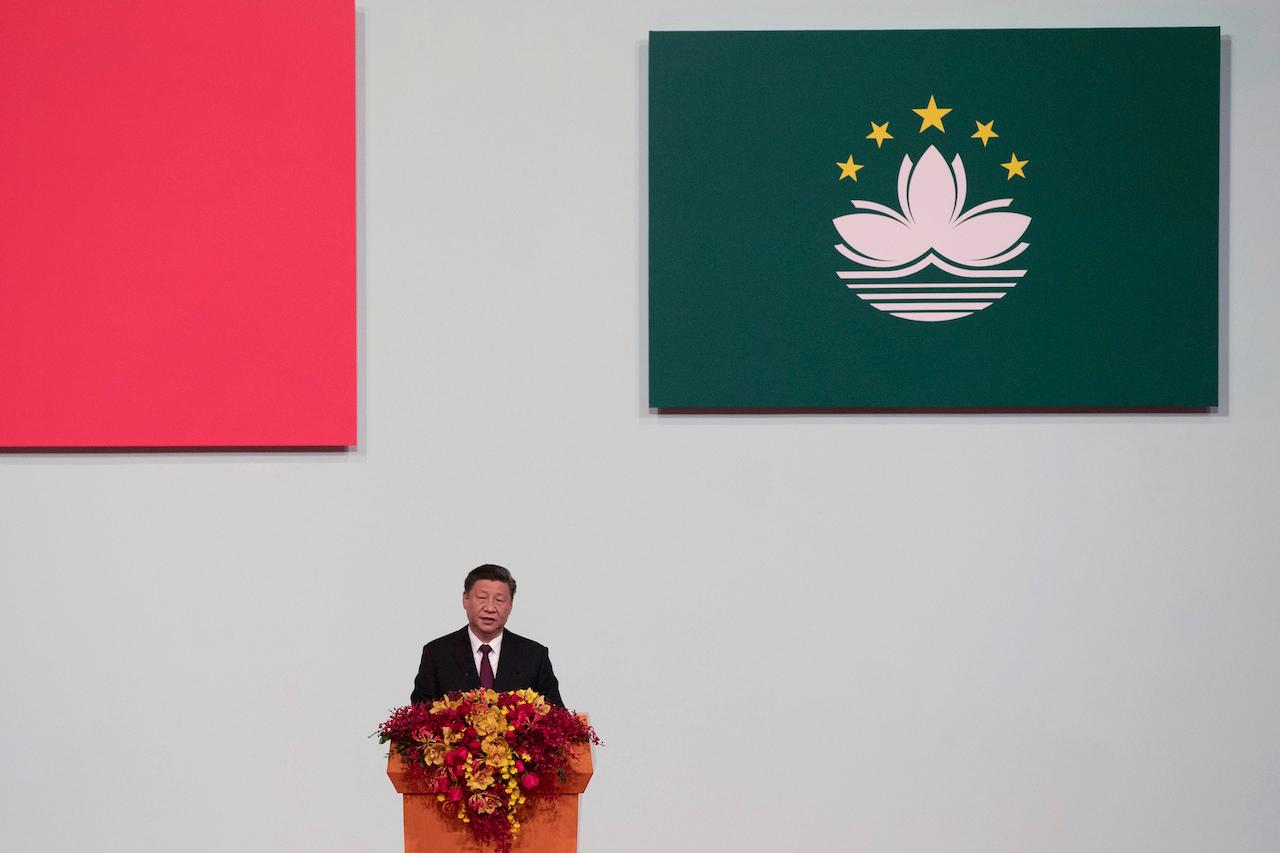Press freedom in Macau under pressure as Beijing issues unexpected ‘guidelines’
Normally, Beijing lavishes praise on Macau while issuing stark warnings to Hong Kong that it will not tolerate any challenge to its authority.
Just In
In March, Beijing issued the Portuguese unit of Macau’s public broadcaster TDM new editorial “guidelines” requiring them to promote “patriotism, respect and love” for mainland China.
This marked the first time that Portuguese language media in the former colony have been directly targeted by authorities.
Since then, at least six journalists have resigned, sources told Reuters.
Macau, the world’s biggest gambling city, has always been held up as an exemplar of Beijing’s “one country, two systems” style of governance. The system promises wide-ranging freedoms not seen in mainland China, including a free press.
“We knew things might change one day, but this came as a total surprise to us,” said a Portuguese journalist.
Beijing’s new guidelines came roughly two weeks after Hong Kong authorities announced an overhaul of public broadcaster RTHK, amid accusations by authorities that it had an anti-government bias.
Portuguese media in Macau provided extensive coverage of Hong Kong’s protests in 2019, while Chinese-language media from the enclave largely stayed away.
Pressure is now mounting on Macau’s Portuguese and English media.
Macau’s government maintains all news organisations in Macau have the freedom to set their own editorial guidelines and that it continues to respect and uphold the principle of the freedom of the press.
In a public statement in March, TDM said its editorial policy remained unchanged and it will continue to “perform its media social responsibility and adhere to the principle of patriotism and love for Macau”.
More than half of Macau’s population arrived from China in recent decades, which has helped foster a stronger affinity for the mainland than in Hong Kong, where the bulk of residents were born in the territory.
Beijing typically lavishes praise on Macau while issuing stark warnings to Hong Kong that it will not tolerate any challenge to its authority.
But Hong Kong’s pro-democracy protests entangled Macau’s media through their coverage and attracted Beijing’s scrutiny, Macau sources said.
Macau’s Portuguese and English Press Association expressed concern over the new TDM guidelines, in particular that staff are not allowed to “relay information or opinions contrary to the policies of the central government of the PRC”.
Reporters without Borders condemned the moves at Hong Kong and Macau’s public broadcasters and urged both governments to “cease their attacks against press freedom”.
Connie Pang, former head of the Macau Journalists Press Association, said what Portuguese journalists are experiencing now is what local Chinese journalists have been seeing over the past 10 years.
“They don’t want us to be neutral, to be balanced. They want us to support the Chinese Communist Party,” said another senior journalist.
Editorial staff and reporters at many small Macanese media outlets are cautious, as they rely heavily on government subsidies.
Jose Dinis, publisher of Jornal Tribuna de Macau, a Portuguese-language newspaper, said he had not felt additional pressure. “I am not willing to say the wolves are coming. For the moment I don’t see any problem,” he said.
However, many see the TDM crackdown as the first step in a wider censorship of English and Portuguese-language media.
Subscribe to our newsletter
To be updated with all the latest news and analyses daily.
Most Read
No articles found.
